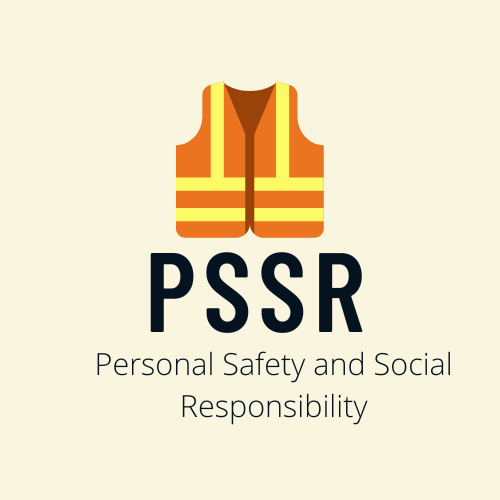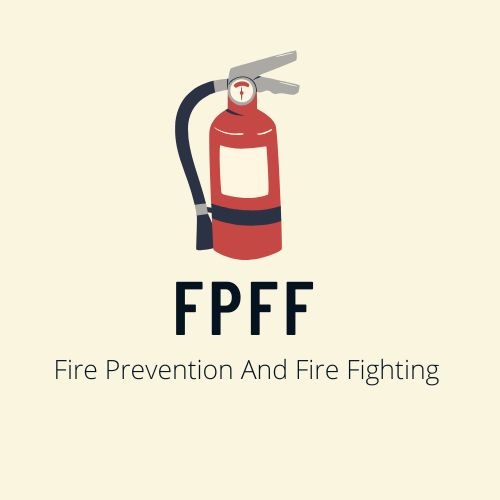This EFA exit exam questions and answer quiz contain 30 questions
If you found any questions answer incorrect please let us know by Clicking here.
211. Lividity refers
to:
A) Stiffening of the joints postmortem.
B) Cooling of the body postmortem.
C) Settling of blood
in the body due to gravity.(correct)
D) The beginning signs of decomposition.
212. Later signs of
death include:
A) Staining, milky corneas and flushed skin.
B) Staining, lividity and decomposition.
C) Rigor mortis, lividity and milky
corneas.(correct)
D) Rigor mortis, flushed skin and decomposition.
213. Your check of
the scene suggests that a victim has suffered an electrical shock. The first
thing to do is:
A) Cover all burns with a dry loose dressing.
B) Ask a bystander to help you move the victim.
C) Place the victim on one side with the head down.
D) Make sure the power is turned off.(correct)
214. A victim of a
car accident has just vomited and now appears to be coughing up blood. He is
breathing very quickly and his pulse is weak and fast. What is most likely
wrong?
A) He is having a seizure.
B) He has internal bleeding.(correct)
C) He is having a heart attack.
D) He is having a diabetic emergency.
215. You are caring
for a victim with a burned hand. Put the hand in cool water if:
A) The burns are very deep
B) There are burns with open blisters.
C) The burns are minor with no open blisters.
D) You should put the hand in cool water for all
of the above.(correct)
216. In general a
splint should be:
A) Loose, so that the victim can still move the injured limb.
B) Snug, but not so tight that it slows
circulation.(correct)
C) Tied with cravats over the injured area.
D) None of the above.
217. A victim has
lost a lot of blood through a deep cut in his leg. He is breathing fast and
seems pail and restless. He is probably:
A) Having a stroke.
B) Having a heart attack.
C) In shock.(correct)
D) Choking.
218. You suspect that
a person has been poisoned. She is conscious. Your first call should be to:
A) The Poison Control Center or your local
emergency phone number.(correct)
B) The victim's physician.
C) The hospital emergency department.
D) The local pharmacy.
219. Which would you do when caring for a seizure
victim?
A) Remove nearby objects that might cause
injury.(correct)
B) Place a small object, such as a rolled up piece of cloth, between the victims teeth.
C) Try to hold the person still.
D) All of the above.
220. Splint an injury to a muscle, bone, or joint
only when:
A) You have to move or transport the victim.
B) You can do so without hurting the victim.
C) You have splinting materials available.
D) Both a and b
221. For which of the following burn victims
should you immediately call your local emergency phone number?
A) A 40 year old man who has burned his hand with hot coffee.
B) A 68 year old
woman who has a blistered grease burn on her hands andarms.(correct)
C) A 26 year old woman who has sunburn on her shoulders.
D) All of the above.
222. A 15 year old boy has just splashed a
chemical on his face. After sending someone to call for an ambulance, you
would:
A) Cover the burned area.
B) Have the victim stay calm until ambulance arrives.
C) Flush the burned area with large amounts of
water until the ambulance arrives.(correct)
D) Immediately drive the victim to the hospital.
223. Why should you
cover burns with a clean or sterile dressing?
A) To prevent infection.(correct)
B) To cool burned area.
C) To keep the burned area warm.
D) Both a and c
224. You find a
person at the bottom of the stairs. He appears to have fallen and seems badly
hurt. After sending someone for help, you would:
A) Roll the victim onto his stomach keeping the head and back in a straight line.
B) Roll the victim onto one side.
C) Position victim onto one side.
D) Attempt to keep the victim from
moving.(correct)
225. A victim has a
large piece of glass sticking out of her leg. You should:
A) Leave the glass in her leg and control the bleeding.
B) Call your local emergency phone number.
C) Remove the glass and then control the bleeding.
D) Both a and b(correct)
226. What should be
your first concern at the scene where a person has been seriously burned?
A) Checking the scene for safety.(correct)
B) Checking the victims breathing and pulse.
C) Calling your local emergency phone number.
D) Cooling the burned area.
227. A woman has
fallen and turned her ankle. She says she heard something snap. She looks pale
and is sweating. What should you do?
A) Have the victim walk on the injured ankle.
B) Care for the injury as if it were
serious.(correct)
C) Apply heat and elevate the injury.
D) Apply a dressing and loosely bandage.
228. Which of the
following should be done for a person experiencing a heat related illness.
A) Keep the victim warm.
B) Force the victim to drink fluids.
C) Apply cool wet cloths.(correct)
D) Place the victim in warm water.
229. You feel a
sudden sharp pain in the bottom of your left foot. You look at the bottom of
your left shoe and see a tack sticking in your shoe. What type of wound do you
probably have?
A) Avulsion
B) Bruise
C) Scrape
D) Puncture(correct)
230. Which should be
part of your care for a severely bleeding open wound?
A) Allow the wound to bleed in order to minimize infection.
B) Apply direct pressure and elevate the injured
area, (if no broken bones)
C) Use a tourniquet to stop all blood flow.
D) Both b and c
231. What should you
do if you think a victim has serious internal bleeding?
A) Apply heat to the injured area.
B) Call your local emergency phone number for
help.(correct)
C) Place the victim in a sitting position.
D) Give fluids to replace blood loss.
232. Which of the
following behaviors reduces your risk for injury?
A) Always wearing a safety belt when riding in automobiles.
B) Limiting intake of alcohol.
C) Limiting intake of foods high in cholesterol.
D) Both a and b(correct)
233. Which is the
first step when caring for bleeding wounds.
A) Apply direct pressure with a clean or sterile
dressing.(correct)
B) Apply pressure at the pressure point.
C) Add bulky dressings to reinforce blood soaked bandages.
D) Elevate the wound.
234. How can you
reduce the risk of disease transmission when caring for open, bleeding wounds?
A) Wash your hands immediately after giving care.
B) Avoid direct contact with blood.
C) Use protective barriers such as gloves or plastic wrap.
D) All of the above.(correct)
235. You have tried
to control a victim's bleeding with direct pressure and elevation, but the
bleeding doesn't stop. Where would you apply pressure to slow the flow of blood
to a wound on the forearm?
A) Outside the arm midway between the shoulder and the elbow.
B) On the inside of the elbow.
C) Inside the arm between the shoulder and the
elbow.(correct)
D) Any of the above will slow the flow of blood.
236. Dressing and
bandages are used to:
A) Reduce the victim's pain.
B) Reduce internal bleeding.
C) Help control bleeding and prevent
infection.(correct)
D) Make it easier to take the victim to the hospital.
237. Most injuries
are due to situations that:
A) You have no control over or could not have been prevented.
B) You have some control over or could have been
prevented.(correct)
C) Involve five or more people.
D) Involve water sports.
238. Where is the
carotid artery located?
A) Inside the wrist just above the hand.
B) On the neck to the right or left of the wind
pipe.(correct)
C) Behind the knee cap.
D) Inside the arm between the elbow and shoulder.
239. On an infant,
where would you check the pulse?
A) Inside the wrist just above the hand.
B) On the neck to the right or left side of the wind pipe.
C) Behind the knee cap.
D) Inside the arm between the elbow and
shoulder.(correct)
340. For an infant
who is choking, you would perform:
A) The Heimlich maneuver.
B) CPR
C) Back blows and chest thrusts.(correct)
D) Hold the infant upside down and strike between the shoulder blades.





